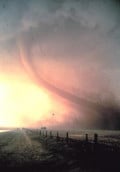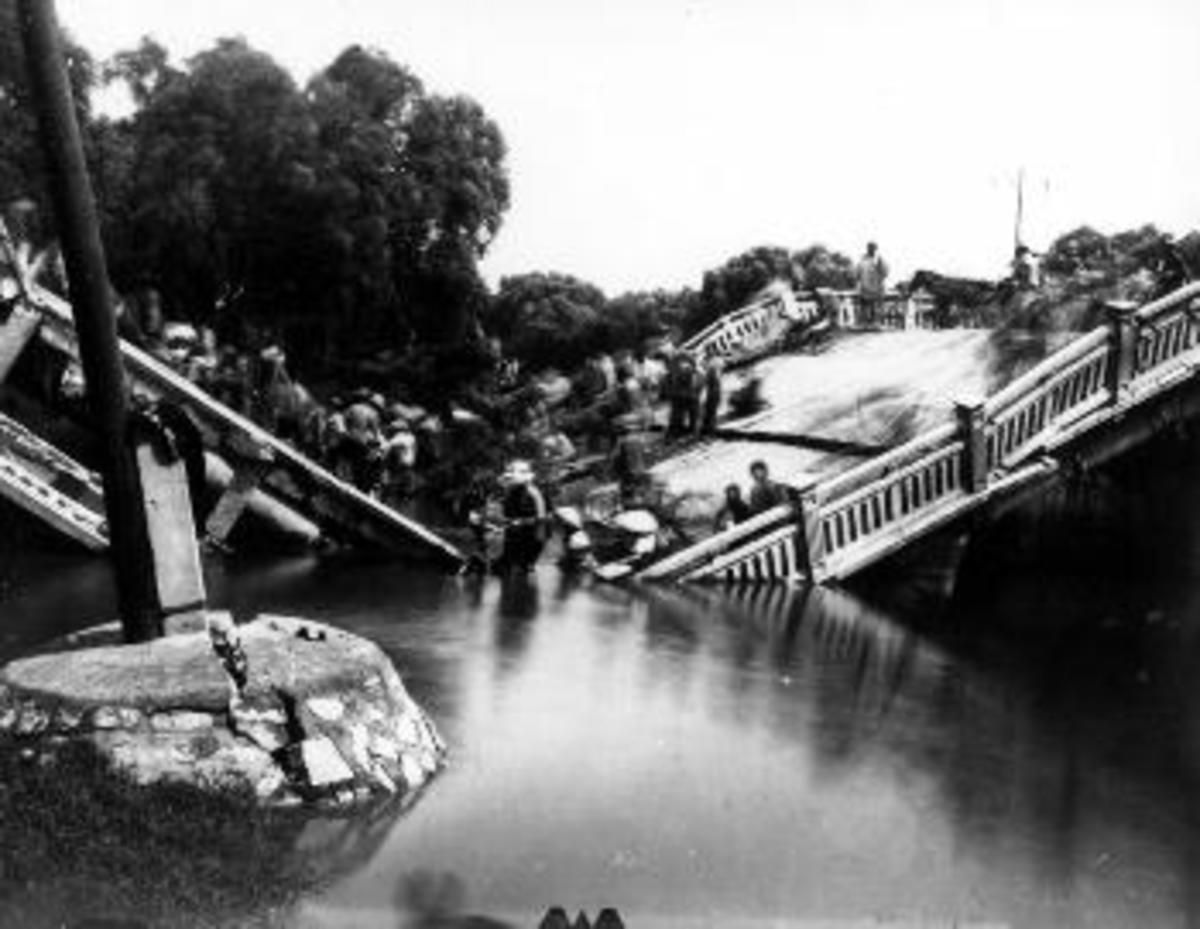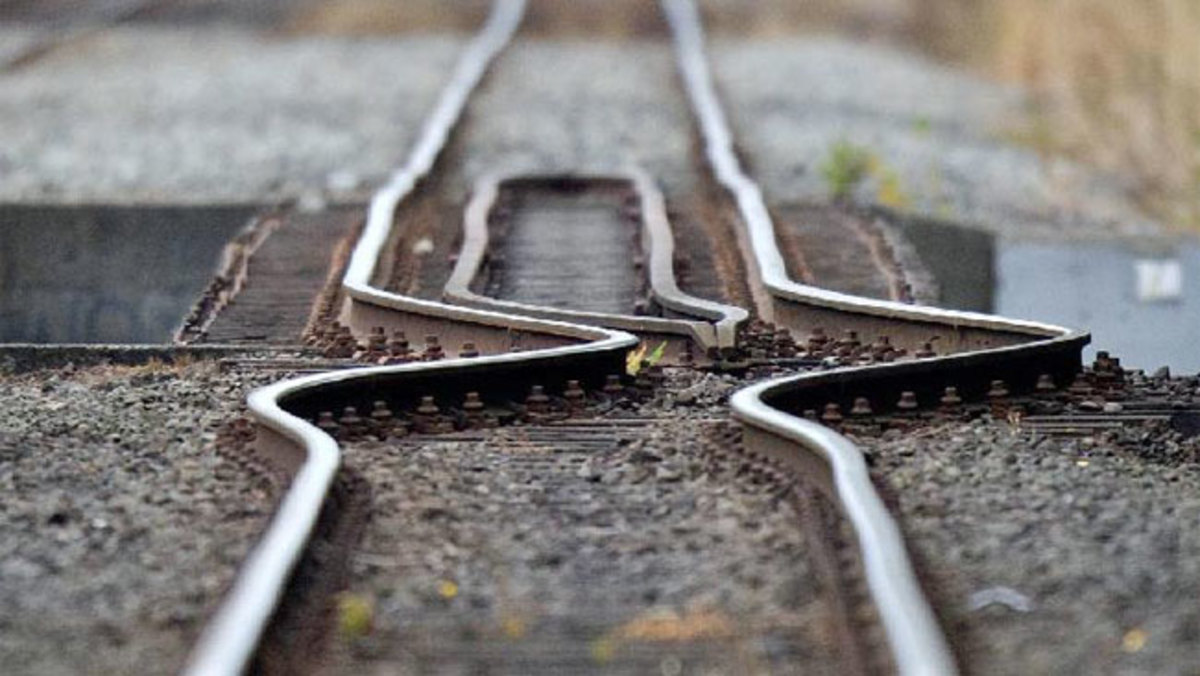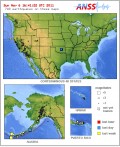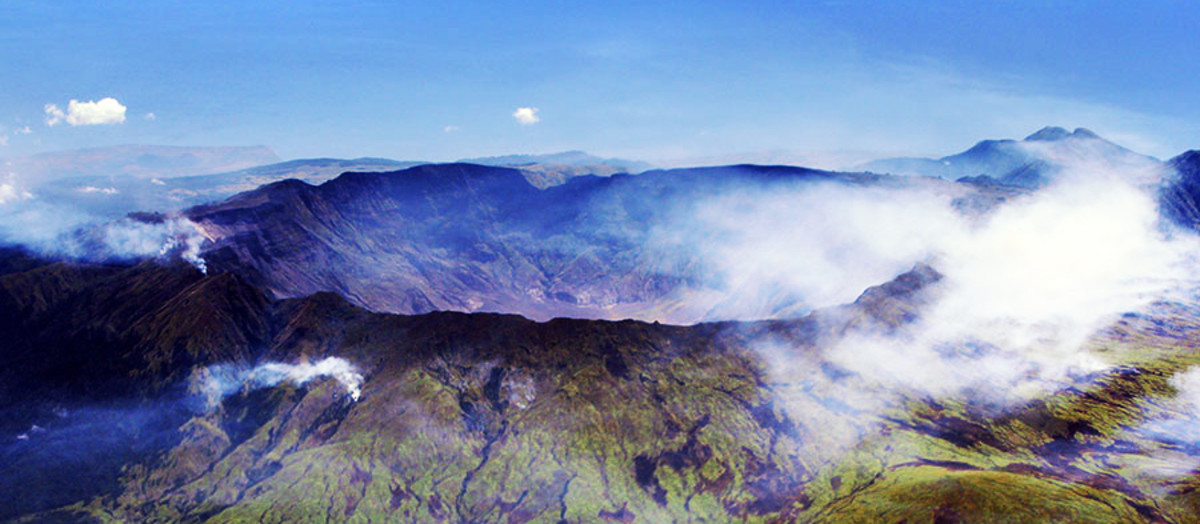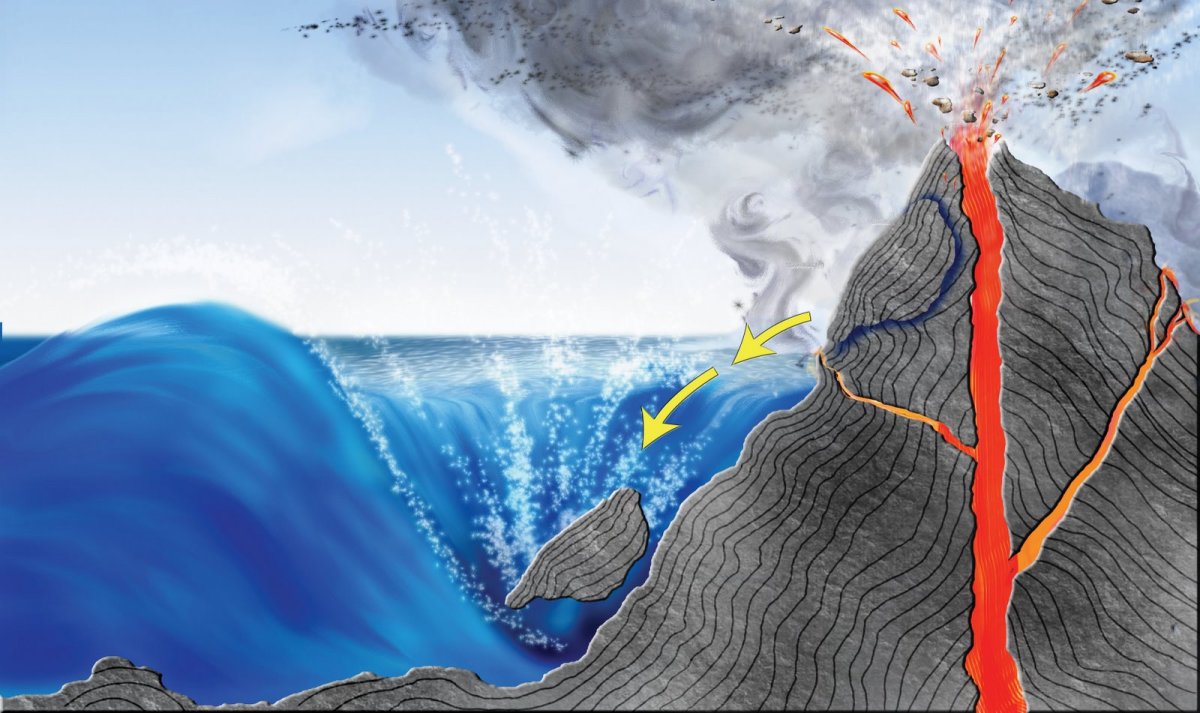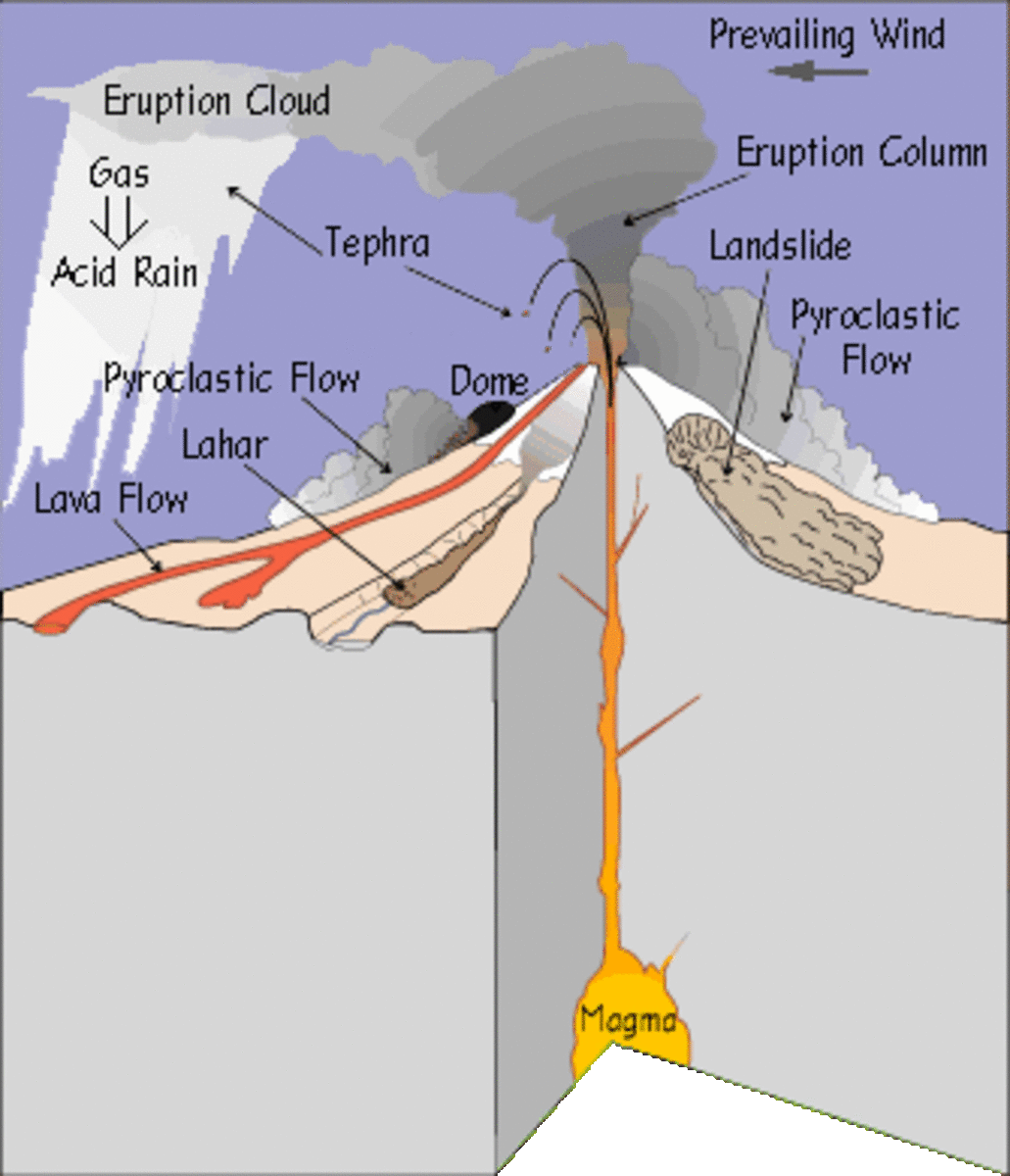How Would I Respond to an 8.9?
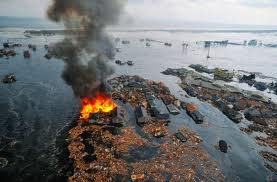
Could I Survive the Aftermath of a Disaster?
What would it be like to live through an 8.9 earthquake? I live in Southern California, an area famous for earthquake activity, and I have felt quite a few of them over the years. None of these have been particularly significant, however, and I have never directly experienced an earthquake that did any damage. I have felt somewhat unsettled on a few occasions, but I never reached a state anywhere near fear or panic. But every day, all of us Californians know in the back of our minds that we are sitting on a ticking time bomb. Even the earth beneath our feet, which seems more solid than anything else in this world, can let us down and become the enemy.
We have seen quite a few devastating earthquakes around the world over the past few years: China, Pakistan, Haiti, and Chile. In the most devastating quakes, some of the damage resulted from poor architecture or general economic underdevelopment. The quake in Japan, however, shows that a natural disaster can have a devastating impact on a highly advanced, developed nation that had contingency plans in place. Survivors in northern Japan have been reduced to an economic status equivalent to those of much poorer nations, a state I doubt that any of them could have imagined just a short time ago. Could Californians, citizens of a nation as economically advanced as any on earth, be reduced to the same state? And if this happened, how would a typical middle-class American like me respond?
The truth is that I have no idea what I would do if I faced such dire circumstances. I have never come close to facing anything like real hardship. I have spent virtually my entire life safe in a bubble created by modern infrastructure. I have always had plenty of food that was not directly produced from my own labor. If I need water, I turn a faucet. For lights, I flip a switch, and for heat, I push a button. I essentially talk, read, and write for a living, purchasing with my pay physical commodities produced, transported, and distributed by others. If a natural disaster disrupted the infrastructure that makes my lifestyle possible for even a short period of time, I would be utterly lost. I can’t grow food, and even if I had agricultural skills, I do not have the land or seeds to utilize them. If my home’s supply of water runs out, we are basically screwed.
While I feel for the people of Japan, I cannot relate to their experience at all, just as I have no conception of what the lives are like for the hundreds of millions of people who face daily circumstances so much more difficult than my own. Many of the things that I view as necessities would be incredible luxuries to so many others. It is almost like we live in separate universes. As a general rule, it takes little to freak us Americans out. If a new disease appears that kills a relatively small number of people, the response of Americans creates the impression that we are facing a massive plague. Just yesterday, I heard that Americans had bought up large amounts of potassium iodide, a chemical that is supposed to protect the thyroid from radiation damage. The minute possibility of health problems caused by radiation emitted thousands of miles away was enough to send some into a panic. People accustomed to relative safety, like myself, respond to fear much more than those who face real dangers. It can take very little to pop that bubble.
I would like to think that a calamity would cause me to rise to the occasion. Maybe the survival instinct will kick in, and I will be able to withstand tragedy in a way that I can hardly imagine. Or then again, maybe the modern comforts of life have made me soft, and those natural instincts are suppressed beyond repair. Like all people, I am largely a product of my environment, a fact that I generally do not like to acknowledge. Much of what I think, feel, and need has been ingrained into me. Someday, I may be forced to rise to the occasion, do without basic “necessities,” and overcome my comfortable upbringing. To be honest, however, I could live without finding out if I have what it takes. Hopefully, when the big calamity hits - earthquake, terrorist attack, new disease, or other unforeseen disaster - my loved ones and I will not be around to see it.

